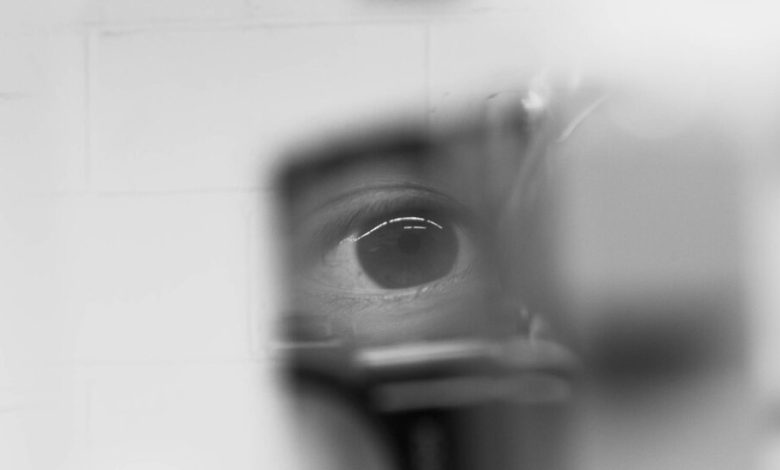I Was a White House Doctor. Presidents Should Have to Take Cognitive Tests.

The job of president is physically and mentally demanding. I witnessed this firsthand as a White House physician for three presidents, including as the designated physician to the president for Barack Obama during his first term. My presidential patients often worked 12-hour days seven days a week. The leader of the free world travels constantly, and participates in or leads briefings in which he must retain huge amounts of information.
Health scares can happen at any moment. My role as White House physician was to keep the president healthy and performing optimally, and to provide the public with a candid medical assessment of his ability to carry out the duties of his office.
I participated in tabletop exercises in the Situation Room to go over how to follow Section 3 of the 25th Amendment, which deals with succession in the event the president is disabled or incapacitated. Typically, the 25th Amendment came into play when a president was going under general anesthesia for a colonoscopy or scheduled surgical procedure.
It is widely assumed that the physician to the president will gather and provide pertinent medical information to those contemplating whether the amendment needs to be invoked. This is not stipulated, but most in the medical community agree that the appropriate role for a physician is to offer a medical opinion, based on facts, that is then weighed by the patient — in this case the president — and those around him.
The debates around the fitness of Joe Biden and Donald Trump in the last several weeks have created new pressure to start having serious conversations about exactly how the White House medical team should evaluate presidents and determine their fitness for duty — cognitively as well as physically. This has been the subject of decades of discussion within the White House medical team as well as with the broader medical community.
Many Americans may want the White House medical team to take a more active role in declaring the president fit for duty. Many would probably like to see the same standard apply to candidates running for president as well. For those things to happen, these medical teams will need access to more data about these individuals than they now collect. And perhaps even more important, we should seriously consider the need for an age limit for those running for president, given the high stakes of the office and the realities of cognitive decline with aging.